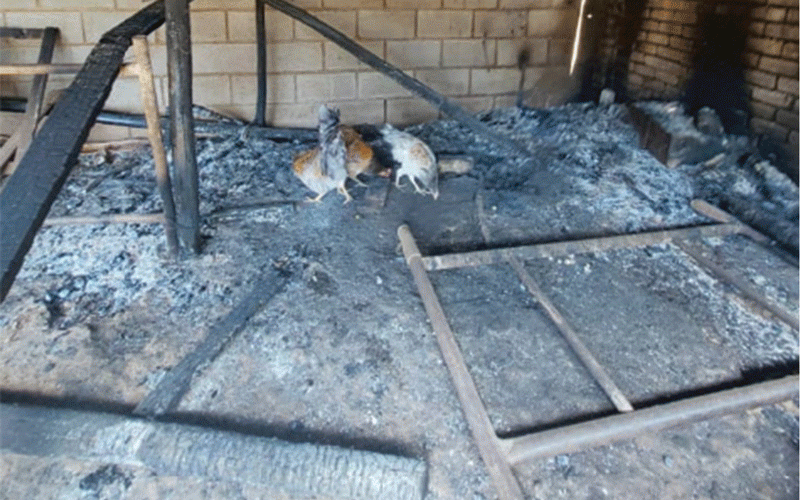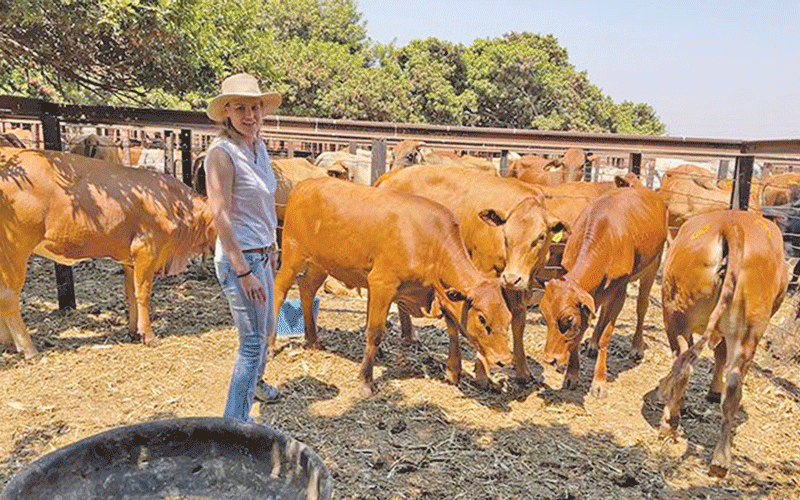AT least 140 girls from 76 secondary schools in Buhera, Manicaland province, failed to continue with their education this year after either falling pregnant or being married off, a local teachers union has revealed.
Amalgamated Rural Teachers Union of Zimbabwe (ARTUZ) programmes coordinator Leonard Mabasa told stakeholders during a consultative meeting in Harare that the statistics were worrisome.
This comes at a time when gender activists have raised red flags over the escalating cases of violence against women at learning institutions.
In a speech during a multi -stakeholder meeting, hosted by Southern African Parliamentary Trust (SAPST) in partnership with the Economic Justice for Women Project (EJWP), ARTUZ and the Female Students Network (FSN) in recognition of the 16 Days of Activism against Gender -Based Violence (GBV), Mabasa called for immediate action.
“At least 140 girls in Buhera dropped out of school at 76 secondary schools in 2024 due to pregnancy -related issues or child marriages. Violence against women in learning institutions is a significant concern globally,” said Mabasa.
“We call for immediate action to ensure a safe and equitable educational environment for all."
Keep Reading
- Schools closure fuel drug abuse
- Riding roughshod on restive workers will backfire Mr President
- Schools closure fuel drug abuse
- Riding roughshod on restive workers will backfire Mr President
The stakeholders called for enactment of policies that foster equal access to resources, support for victims, and comprehensive training for staff and students to combat violence.
“The State and all institutions and agencies of government at every level must take practical measures to ensure that women have access to resources including land, on the basis of equality with men,” Mabasa added.
"The State must take positive measures to rectify gender discrimination and imbalances resulting from past practices and policies.”
According to Zimbabwe National Statistics Agency, 1 in 3 women aged 15 to 49 in Zimbabwe have experienced physical violence, with 1 in 4 having faced sexual violence.
Meanwhile, the Zimbabwe Gender Commission (ZGC) has called on policy enforcers to adopt a robust approach to combat GBV effectively.
"We must adopt a holistic inclusive approach that ensures survivors, regardless of their gender, background, or disability status, have access to the support services they need.
"This means not only focusing on prevention and awareness-raising but also guaranteeing that comprehensive services are available to all survivors without exception," ZGC said in a statement.
"We remain committed to ensuring that survivors of GBV seek justice and access the necessary support and will continue working towards strengthening the legal and policy frameworks that govern GBV prevention and response."





